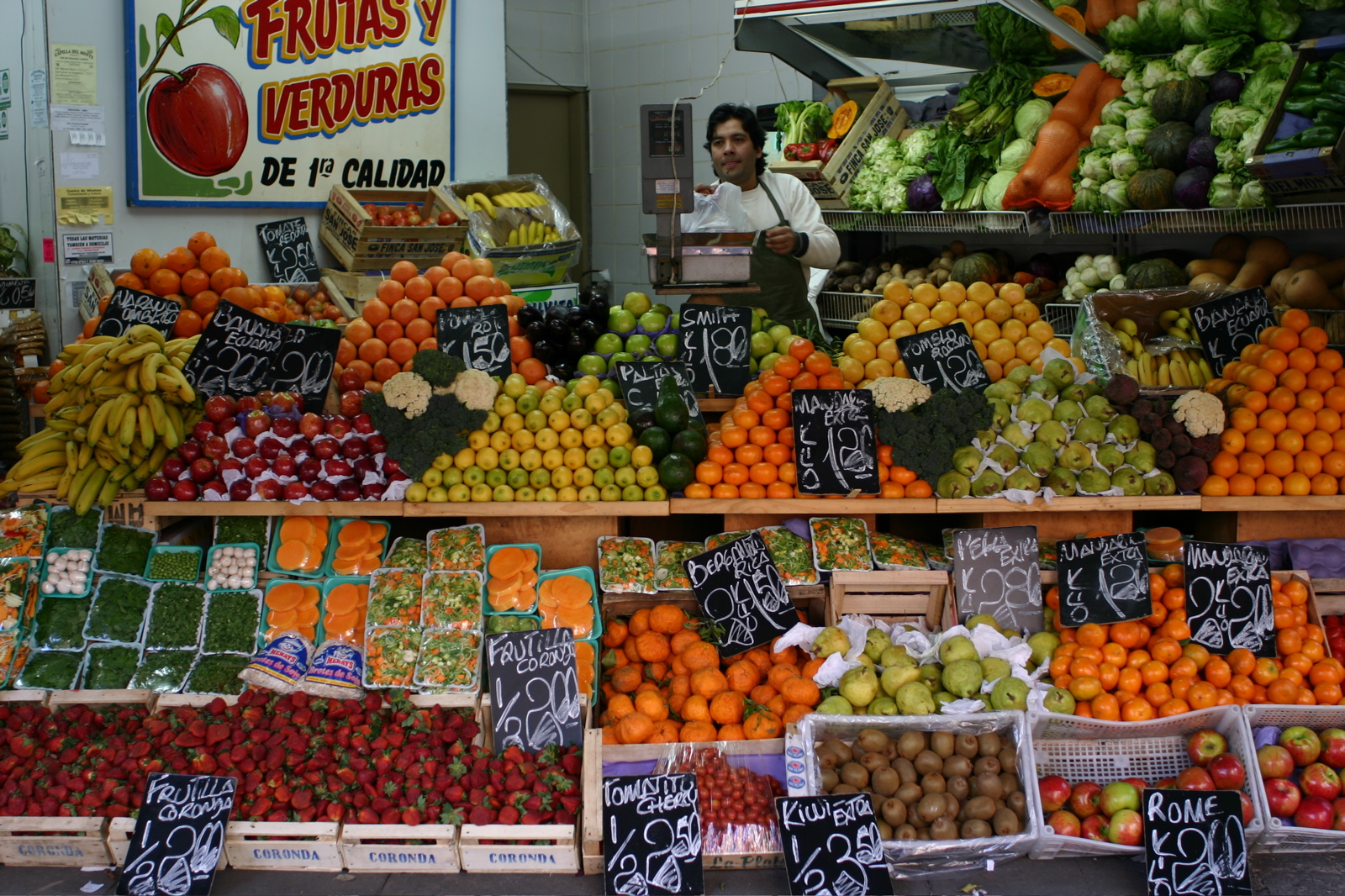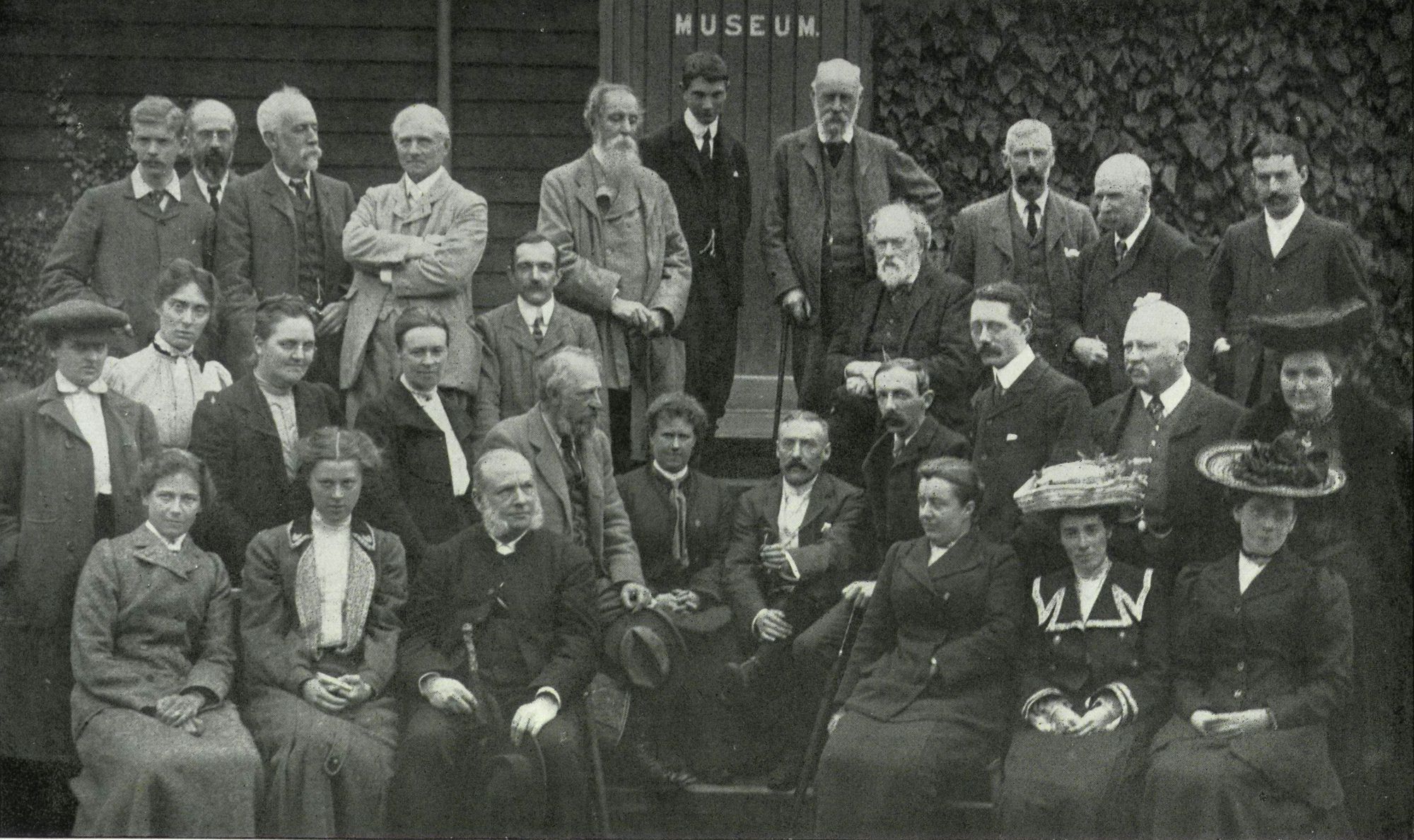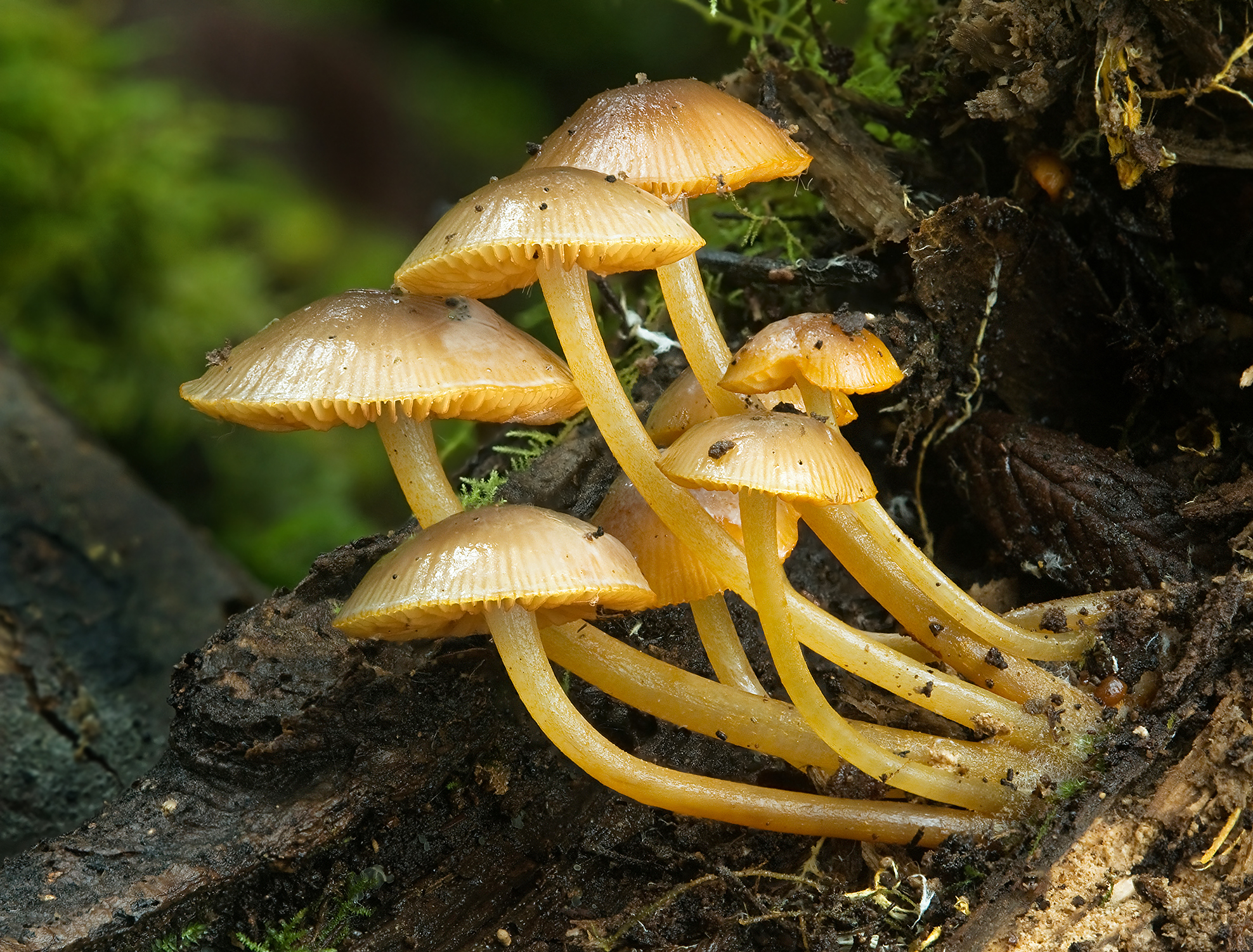|
Henry Thomas Soppitt (mycologist)
Henry Thomas Soppitt (21 June 1858 in Bradford, Yorkshire – 1 April 1899 in Halifax, Yorkshire) was an English mycologist, plant pathologist, botanist and former greengrocer turned drysalter. He was a close collaborator with Charles Crossland, James Needham, and George Massee and was the first person to show a heteroecious lifecycle in a ''Puccinia'' species. Soppitt was a foundational member of the British Mycological Society The British Mycological Society is a learned society established in 1896 to promote the study of fungi. Formation The British Mycological Society (BMS) was formed by the combined efforts of two local societies: the Woolhope Naturalists' Field .... References 1858 births 1899 deaths English mycologists British phytopathologists British Mycological Society 19th-century British botanists Greengrocers Members of the Yorkshire Naturalists' Union People from Bradford {{UK-biologist-stub ... [...More Info...] [...Related Items...] OR: [Wikipedia] [Google] [Baidu] |
England
England is a country that is part of the United Kingdom. It shares land borders with Wales to its west and Scotland to its north. The Irish Sea lies northwest and the Celtic Sea to the southwest. It is separated from continental Europe by the North Sea to the east and the English Channel to the south. The country covers five-eighths of the island of Great Britain, which lies in the North Atlantic, and includes over 100 smaller islands, such as the Isles of Scilly and the Isle of Wight. The area now called England was first inhabited by modern humans during the Upper Paleolithic period, but takes its name from the Angles, a Germanic tribe deriving its name from the Anglia peninsula, who settled during the 5th and 6th centuries. England became a unified state in the 10th century and has had a significant cultural and legal impact on the wider world since the Age of Discovery, which began during the 15th century. The English language, the Anglican Church, and Engli ... [...More Info...] [...Related Items...] OR: [Wikipedia] [Google] [Baidu] |
Puccinia
''Puccinia'' is a genus of fungi. All species in this genus are obligate plant pathogens and are known as rusts. The genus contains about 4000 species. The genus name of ''Puccinia'' is in honour of Tommaso Puccini (died 1735), who was an Italian doctor and botanist who taught Anatomy at Hospital of Santa Maria Nuova in Florence. The genus was circumscribed by Pier Antonio Micheli in Nov. Pl. Gen. on page 213 in 1729. Taxonomy Examples of ''Puccinia'' rusts and the diseases they cause: * '' Puccinia asparagi'' - Asparagus rust * ''Puccinia graminis'' - Stem rust, also known as black rust * '' Puccinia horiana'' - Chrysanthemum white rust * '' Puccinia mariae-wilsoniae'' - Spring beauty rust * '' Puccinia poarum'' - Coltsfoot rust gall * ''Puccinia psidii'' - Guava rust or eucalyptus rust * '' Puccinia recondita'' - Brown rust * ''Puccinia sessilis'' - Arum rust and Ransoms rust * '' Puccinia striiformis'' - Stripe rust, also known as yellow rust * ''Puccinia triticina'' - Wh ... [...More Info...] [...Related Items...] OR: [Wikipedia] [Google] [Baidu] |
Greengrocers
A greengrocer is a person who owns or operates a shop selling primarily fruit and vegetables. The term may also be used to refer to a shop selling primarily produce. It is used predominantly in the United Kingdom and Australia. In the United States, the terms ''produce store'' or ''produce shop'' are used. By the 1940s, produce sales (measured in tonnage) made at grocery stores had surpassed those made at produce stores. While once common in the United Kingdom and Australia, the increase in popularity of supermarkets caused greengrocer shops to become rarer, though they may still be found in smaller towns and villages. Today, greengrocers can also be found in street markets, malls, and supermarket produce departments. Greengrocers' apostrophe Because of its common misuse on greengrocers' signs, an apostrophe used incorrectly to form a plural—such as ''apple's'', ''orange's'', or ''banana's''—is known as a greengrocers' apostrophe The apostrophe ( or ) is a punctua ... [...More Info...] [...Related Items...] OR: [Wikipedia] [Google] [Baidu] |
19th-century British Botanists
The 19th (nineteenth) century began on 1 January 1801 ( MDCCCI), and ended on 31 December 1900 ( MCM). The 19th century was the ninth century of the 2nd millennium. The 19th century was characterized by vast social upheaval. Slavery was abolished in much of Europe and the Americas. The First Industrial Revolution, though it began in the late 18th century, expanding beyond its British homeland for the first time during this century, particularly remaking the economies and societies of the Low Countries, the Rhineland, Northern Italy, and the Northeastern United States. A few decades later, the Second Industrial Revolution led to ever more massive urbanization and much higher levels of productivity, profit, and prosperity, a pattern that continued into the 20th century. The Islamic gunpowder empires fell into decline and European imperialism brought much of South Asia, Southeast Asia, and almost all of Africa under colonial rule. It was also marked by the collapse of the large ... [...More Info...] [...Related Items...] OR: [Wikipedia] [Google] [Baidu] |
British Phytopathologists
British may refer to: Peoples, culture, and language * British people, nationals or natives of the United Kingdom, British Overseas Territories, and Crown Dependencies. ** Britishness, the British identity and common culture * British English, the English language as spoken and written in the United Kingdom or, more broadly, throughout the British Isles * Celtic Britons, an ancient ethno-linguistic group * Brittonic languages, a branch of the Insular Celtic language family (formerly called British) ** Common Brittonic, an ancient language Other uses *''Brit(ish)'', a 2018 memoir by Afua Hirsch *People or things associated with: ** Great Britain, an island ** United Kingdom, a sovereign state ** Kingdom of Great Britain (1707–1800) ** United Kingdom of Great Britain and Ireland (1801–1922) See also * Terminology of the British Isles * Alternative names for the British * English (other) * Britannic (other) * British Isles * Brit (other) * Briton (d ... [...More Info...] [...Related Items...] OR: [Wikipedia] [Google] [Baidu] |
English Mycologists
English usually refers to: * English language * English people English may also refer to: Peoples, culture, and language * ''English'', an adjective for something of, from, or related to England ** English national identity, an identity and common culture ** English language in England, a variant of the English language spoken in England * English languages (other) * English studies, the study of English language and literature * ''English'', an Amish term for non-Amish, regardless of ethnicity Individuals * English (surname), a list of notable people with the surname ''English'' * People with the given name ** English McConnell (1882–1928), Irish footballer ** English Fisher (1928–2011), American boxing coach ** English Gardner (b. 1992), American track and field sprinter Places United States * English, Indiana, a town * English, Kentucky, an unincorporated community * English, Brazoria County, Texas, an unincorporated community * Engli ... [...More Info...] [...Related Items...] OR: [Wikipedia] [Google] [Baidu] |
1899 Deaths
Events January 1899 * January 1 ** Spanish rule ends in Cuba, concluding 400 years of the Spanish Empire in the Americas. ** Queens and Staten Island become administratively part of New York City. * January 2 – ** Bolivia sets up a customs office in Puerto Alonso, leading to the Brazilian settlers there to declare the Republic of Acre in a revolt against Bolivian authorities. **The first part of the Jakarta Kota–Anyer Kidul railway on the island of Java is opened between Batavia Zuid ( Jakarta Kota) and Tangerang. * January 3 – Hungarian Prime Minister Dezső Bánffy fights an inconclusive duel with his bitter enemy in parliament, Horánszky Nándor. * January 4 – **U.S. President William McKinley's declaration of December 21, 1898, proclaiming a policy of benevolent assimilation of the Philippines as a United States territory, is announced in Manila by the U.S. commander, General Elwell Otis, and angers independence activists who had fought agai ... [...More Info...] [...Related Items...] OR: [Wikipedia] [Google] [Baidu] |
1858 Births
Events January–March * January – **Benito Juárez (1806–1872) becomes Liberal President of Mexico. At the same time, conservatives install Félix María Zuloaga (1813–1898) as president. **William I of Prussia becomes regent for his brother, Frederick William IV, who had suffered a stroke. * January 9 ** British forces finally defeat Rajab Ali Khan of Chittagong ** Anson Jones, the last president of the Republic of Texas, commits suicide. * January 14 – Orsini affair: Felice Orsini and his accomplices fail to assassinate Napoleon III in Paris, but their bombs kill eight and wound 142 people. Because of the involvement of French émigrés living in Britain, there is a brief anti-British feeling in France, but the emperor refuses to support it. * January 25 – The ''Wedding March'' by Felix Mendelssohn becomes a popular wedding recessional, after it is played on this day at the marriage of Queen Victoria's daughter Victoria, Princess Royal, to Pri ... [...More Info...] [...Related Items...] OR: [Wikipedia] [Google] [Baidu] |
British Mycological Society
The British Mycological Society is a learned society established in 1896 to promote the study of fungi. Formation The British Mycological Society (BMS) was formed by the combined efforts of two local societies: the Woolhope Naturalists' Field Club of Hereford and the Yorkshire Naturalists’ Union. The Curator of the Hereford Club, Dr. H. G. Bull, convinced the members in 1867 to undertake the particular study of mushrooms. While the mycological efforts of the Club diminished somewhat after Dr. Bull's death, the Union of Yorkshire founded its Mycological Committee in 1892. This Committee attracted the involvement of many eminent mycologists including George Edward Massee (1845–1917), James Needham (1849–1913), Charles Crossland (1844-1916), and Henry Thomas Soppitt (1843-1899). Mycologist Kathleen Sampson was a member for sixty years, as well as serving as president in 1938. The need for a national organisation and the need for a journal to publish their observatio ... [...More Info...] [...Related Items...] OR: [Wikipedia] [Google] [Baidu] |
Heteroecious
A heteroecious parasite is one that requires at least two hosts. The ''primary host'' is the host in which the parasite spends its adult life; the other is the ''secondary host''. Both hosts are required for the parasite to complete its life cycle. This can be contrasted with an autoecious parasite which can complete its life cycle on a single host species. Many rust fungi have heteroecious life cycles: In parasitology, heteroxeny, or heteroxenous development, is a synonymous term that characterizes a parasite whose development involves several hosts. Fungal examples * ''Gymnosporangium'' (Cedar-apple rust): the juniper is the primary ( telial) host and the apple, pear or hawthorn is the secondary (aecial) host. * ''Cronartium ribicola'' (White pine blister rust): the primary host are white pines, and currants the secondary. * ''Hemileia vastatrix'' (Coffee rust): the primary host is coffee plant, and the alternate host is unknown. * ''Puccinia graminis'' (Stem rust): the pr ... [...More Info...] [...Related Items...] OR: [Wikipedia] [Google] [Baidu] |
Mycology
Mycology is the branch of biology concerned with the study of fungi, including their genetic and biochemical properties, their taxonomy and their use to humans, including as a source for tinder, traditional medicine, food, and entheogens, as well as their dangers, such as toxicity or infection. A biologist specializing in mycology is called a mycologist. Mycology branches into the field of phytopathology, the study of plant diseases, and the two disciplines remain closely related because the vast majority of plant pathogens are fungi. Overview Historically, mycology was a branch of botany because, although fungi are evolutionarily more closely related to animals than to plants, this was not recognized until a few decades ago. Pioneer mycologists included Elias Magnus Fries, Christian Hendrik Persoon, Anton de Bary, Elizabeth Eaton Morse, and Lewis David von Schweinitz. Beatrix Potter, author of ''The Tale of Peter Rabbit'', also made significant contributions to the fiel ... [...More Info...] [...Related Items...] OR: [Wikipedia] [Google] [Baidu] |
George Massee
George Edward Massee (20 December 1845 – 16 February 1917) was an English mycologist, plant pathologist, and botanist. Background and education George Massee was born in Scampston, East Riding of Yorkshire, the son of a farmer. He was educated at York School of Art and claimed to have attended Downing College, Cambridge, though no record exists of him in the University or College Records. South America and the Foreign Legion Massee had an early interest in natural history, publishing an article on British woodpeckers at the age of 16 and compiling a portfolio of botanical paintings. Through the influence of Richard Spruce, a family relative, he was able to travel on a botanical expedition to Panama and Ecuador, where, despite considerable hardships, he collected orchids and other plants. On his return, Massee joined the French Foreign Legion, hoping to see combat in the Franco-Prussian War, but, the war being almost over, he was prevailed upon to return home to the farm. He ... [...More Info...] [...Related Items...] OR: [Wikipedia] [Google] [Baidu] |






